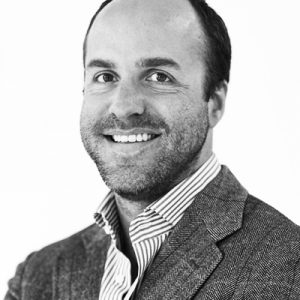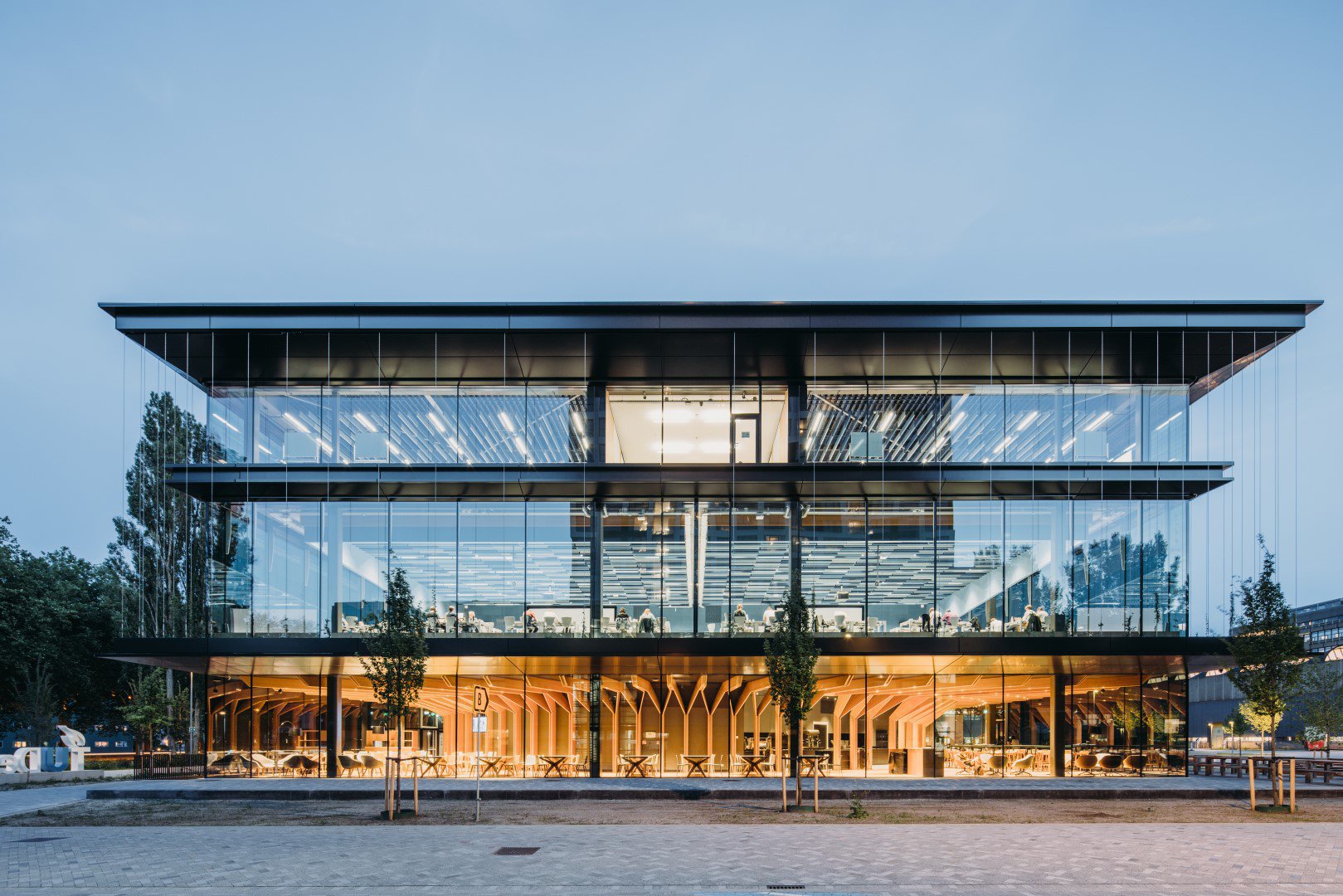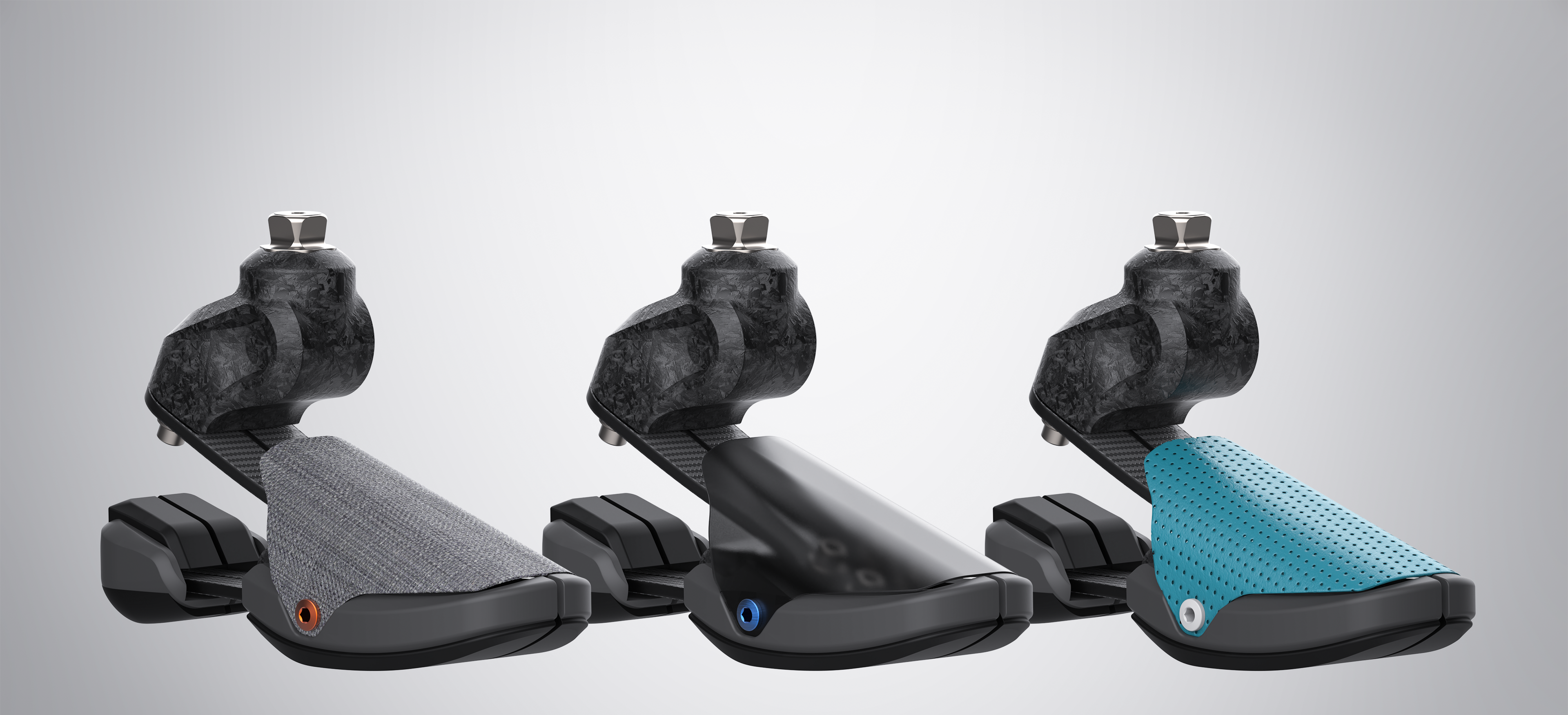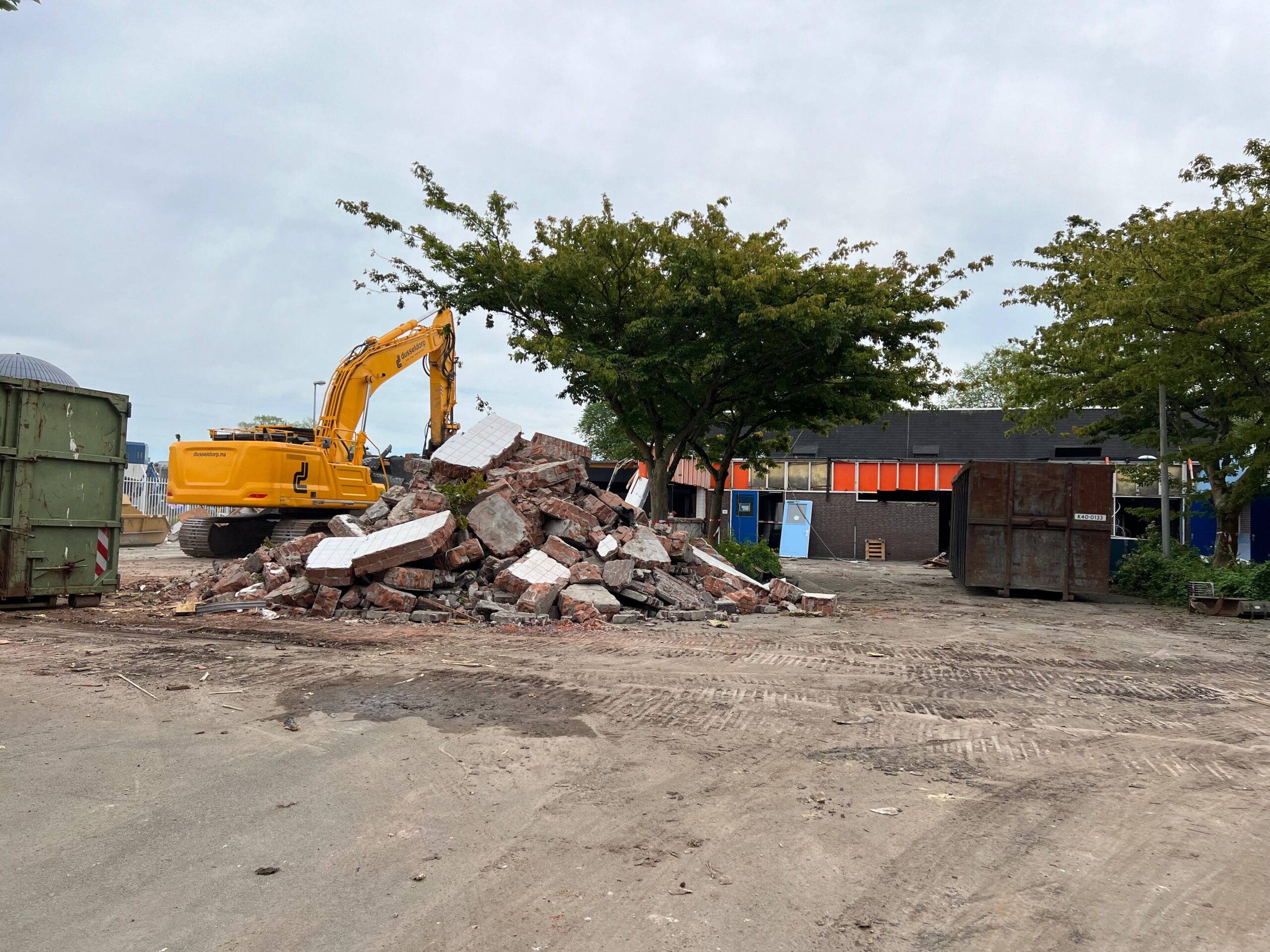TU Delft Campus is the physical place where research and entrepreneurship come together. Within the innovation ecosystem, work is being done on groundbreaking innovations that offer solutions for social issues. VVD members of parliament Hatte van der Woude (OCW) and Pim van Strien (EZK innovation policy) and their employees saw this during their visit to the TU Delft Campus, where the importance of innovation was central.
First of all, Tim van der Hagen, Rector Magnificus of TU Delft, talked about the position of South Holland. A region with world-class knowledge institutions and companies, which also faces major challenges. Private and public key players in South Holland are ready to contribute to solutions, but cannot do it alone.
Next, we discussed the key role of innovation in meeting the challenges we face as a society. Innovations can be developed and tested within the innovation ecosystem of the TU Delft Campus, which consists of more than 250 start-ups, scaleups, companies, field labs and research institutions. The proximity of all stakeholders, in combination with the research and test facilities, can bring an enormous acceleration in innovation.
The delegation visited the field lab The Green Village. In this ‘open-air laboratory’, innovations for the built environment can be tested and solutions for the housing shortage or the quality of life in the city under changing weather conditions are developed. Marjan Kreijns, director of The Green Village, talked about the unique possibilities that this living lab offers and which innovations find their way to society as a result!
However, in order to facilitate even more innovation and to remain a leading global tech ecosystem, investments in the development of the TU Delft Campus are needed. Paul Althuis, director of the Innovation & Impact Center explained that TU Delft is at the basis of many radical innovations in the field of climate, energy, robotics, quantum and healthcare. With the Delft can-do mentality, knowledge is translated into impact for a better society together with entrepreneurs.
Anne-Lize Hoftijzer, responsible for the further development of the TU Delft Campus, talked about the importance of good facilities and locations for start-ups and scale-ups. This became even more apparent with a visit to NEXT Delft, the brand new accelerator building that offers space for successful scaleups and also has lab space. These kinds of facilities give entrepreneurs the opportunity to further develop innovations on the TU Delft Campus.
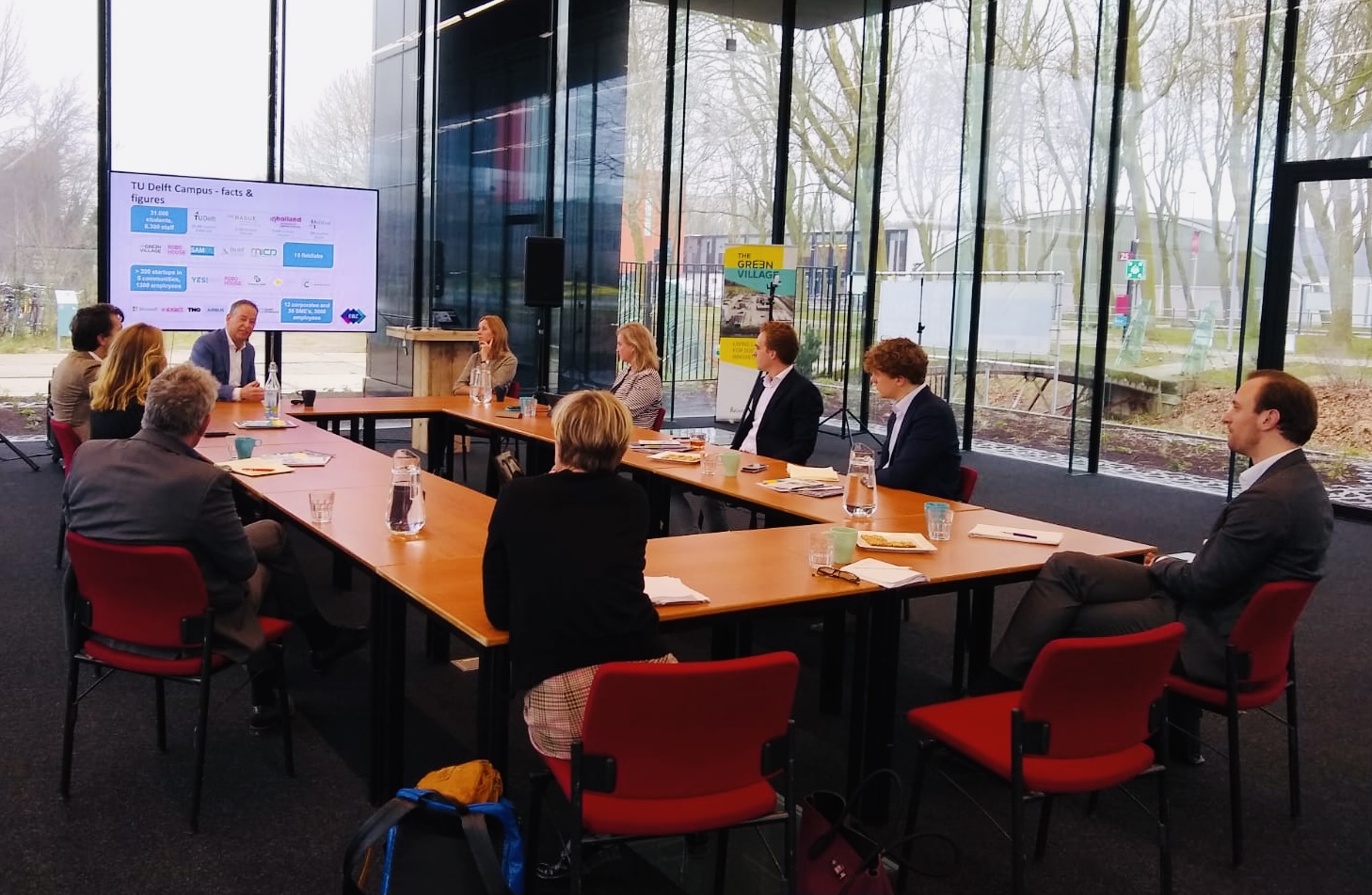
One of the entrepreneurs settling in NEXT Delft is Harm Jonker, CEO of Whiffle. He told how TU Delft research grew into an innovative company that can make very local, accurate weather forecasts and, as an entrepreneur, he was able to explain what is needed to successfully bring innovations to society. Whiffle works with major companies to accelerate the energy transition.
An example of the pioneering role that TU Delft plays in the field of innovation is the geothermal well that will be installed. The ambition is that this geothermal source will not only feed its own campus, but also the open heating network of the municipality of Delft. By placing the source on the TU Delft Campus and linking it to a large research programme, a unique showcase is built. This development plays a major role in research into the safe and responsible upscaling of geothermal energy as a clean energy source and reducing the cost price. This collaboration between TU Delft, Hydreco Geomec, Energie Beheer Nederland (EBN) and Shell, which will play an important role in the heat transition in the Netherlands
The indispensable role that Inholland University of Applied Sciences Delft plays on the TU Delft campus was also discussed. Bart Combee, Fabian van der Horst, Zeger Stinis and Maarten Crum showed how entrepreneurship is central to their green training courses and what great start-ups result from this.
During the visit, the somewhat abstract term innovation ecosystem was given colour by the contributions of the partners involved, the inspiring entrepreneurial stories and the visit to the facilities that make innovations possible.
It was a morning with useful exchanges with national politicians who are committed to good innovation policy. Because it is only through joint efforts that the Netherlands and the TU Delft Campus will continue to be the global top location for impactful innovations in the future.

